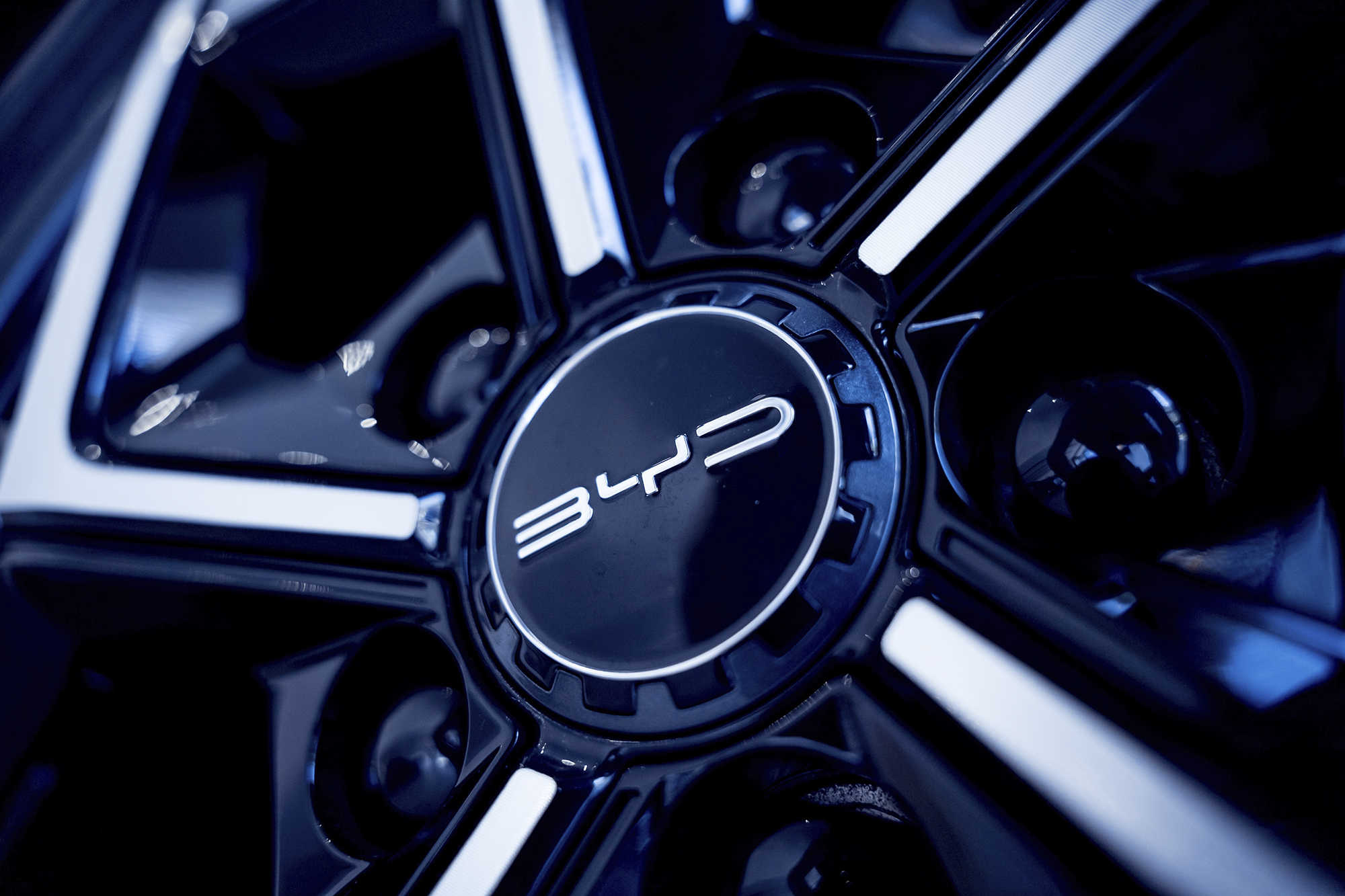Is momentum shifting in the global electric vehicle (EV) market?
Chinese EV maker BYD has surged ahead of Tesla, reporting $107 billion in 2024 revenue compared with Tesla’s $97.7 billion. BYD’s net income in the fourth quarter was a record $2.07 billion, an increase of 73% year-on-year and up 29% quarter-on-quarter.
Tesla’s Chinese rival is gaining global momentum, says Jacob Falkencrone, global head of investment strategy at Saxo Bank, with record-breaking earnings, rapid international expansion, and stock performance that’s outpacing the industry leader.
Innovation is driving BYD’s success, according to Falkencrone, from ultra-fast five-minute charging for 400 km of range to a diversified vehicle lineup that includes hybrids and cleantech solutions beyond cars. The five-minute charge bests the 15 minutes offered by Tesla’s supercharger system.
“This isn’t an incremental improvement,” says Falkencrone. “It’s revolutionary, directly addressing one of consumers’ biggest barriers to EV adoption: lengthy charging times.”
Once reliant on price-cutting, BYD’s pivot toward innovation and technological improvement comes as Tesla’s aging and expensive vehicle models are finding it hard to compete. Founder Elon Musk’s polarizing behavior as a Trump administration adviser hasn’t helped, prompting boycotts against Tesla in Europe and the US.
Looking ahead, Tesla is rumored to be releasing new models this year, including affordable ones, which might rejuvenate sales. But details are scant and the pipeline is small. Nobody is writing off Tesla, however, and the company’s long-time leading role in EV innovation should not be underestimated.
In its favor, BYD has announced it will equip all vehicles with free self-driving technology. The company also makes its own chips and batteries, helping to cut manufacturing costs.
That ambitious agenda won’t be easy to fulfil. Risks include price competition, regulatory hurdles, and the threat of ever higher tariffs from both Europe and the US. Upcoming plants in Hungary and Turkey will help BYD avoid European tariffs and President Trump once voiced his support for Chinese EV makers setting up plants in the US. But for now, geopolitical risks pose a serious challenge as tariffs have kept BYD from entering the passenger car market in the US and regulatory scrutiny around Chinese EV subsidies could complicate its expansion efforts in Europe.




